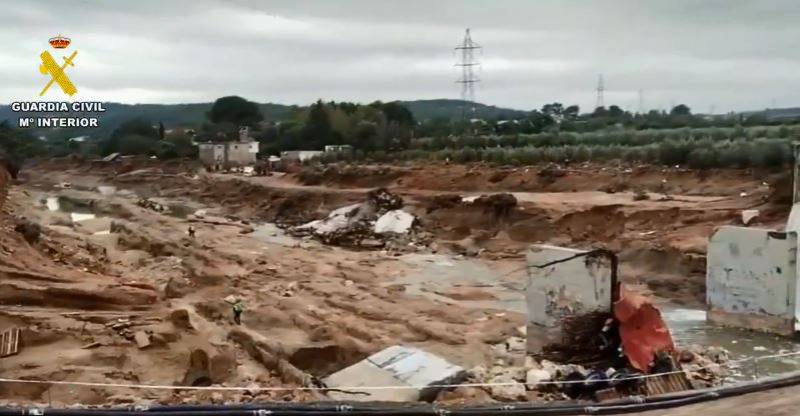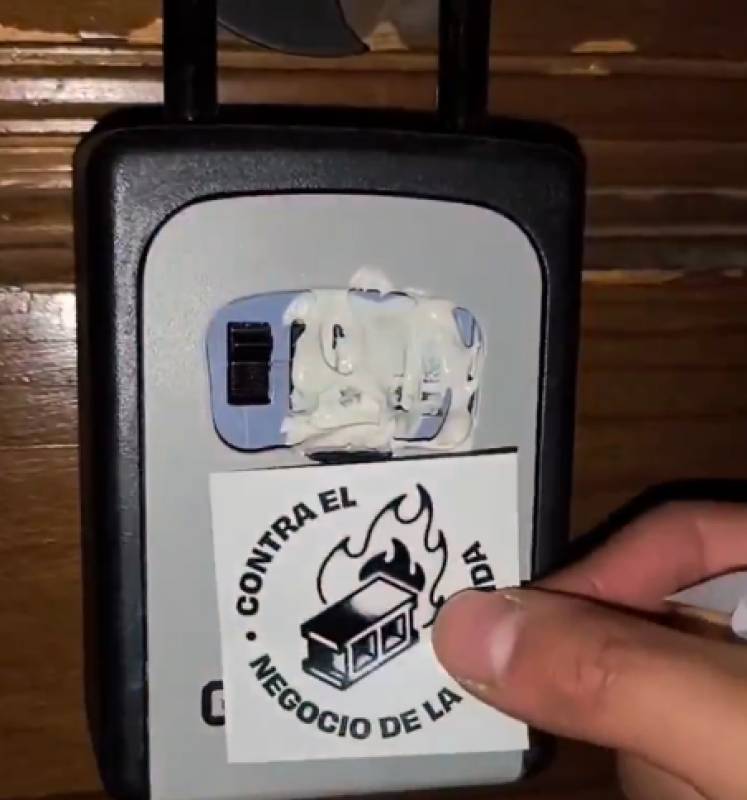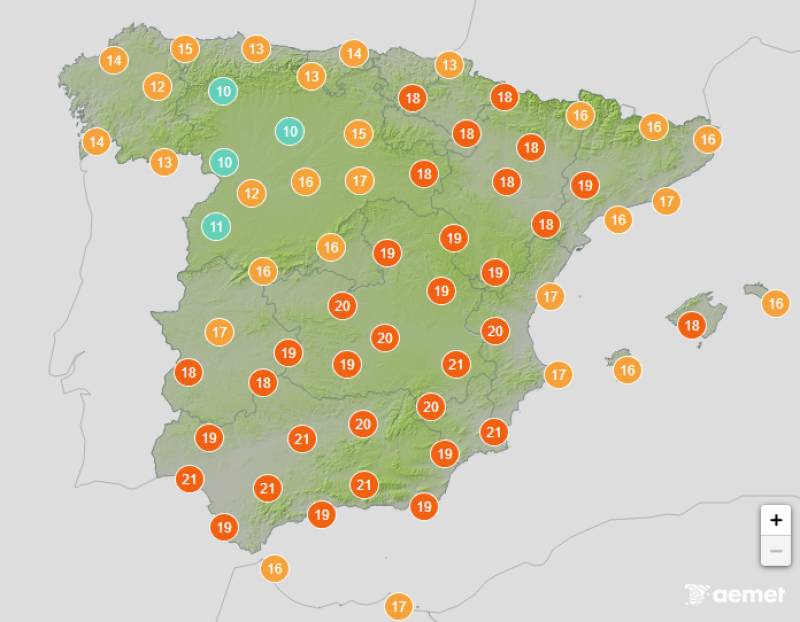- Region
- Águilas
- Alhama de Murcia
- Jumilla
- Lorca
- Los Alcázares
- Mazarrón
- San Javier
-
ALL AREAS & TOWNS
- AREAS
- SOUTH WEST
- MAR MENOR
- MURCIA CITY & CENTRAL
- NORTH & NORTH WEST
- TOWNS
- Abanilla
- Abarán
- Aguilas
- Alamillo
- Alcantarilla
- Aledo
- Alhama de Murcia
- Archena
- Balsicas
- Blanca
- Bolnuevo
- Bullas
- Cañadas del Romero
- Cabo de Palos
- Calasparra
- Camping Bolnuevo
- Campo De Ricote
- Camposol
- Canada De La Lena
- Caravaca de la Cruz
- Cartagena
- Cehegin
- Ceuti
- Cieza
- Condado de Alhama
- Corvera
- Costa Cálida
- Cuevas De Almanzora
- Cuevas de Reyllo
- El Carmoli
- El Mojon
- El Molino (Puerto Lumbreras)
- El Pareton / Cantareros
- El Raso
- El Valle Golf Resort
- Fortuna
- Fuente Alamo
- Hacienda del Alamo Golf Resort
- Hacienda Riquelme Golf Resort
- Isla Plana
- Islas Menores & Mar de Cristal
- Jumilla
- La Azohia
- La Charca
- La Manga Club
- La Manga del Mar Menor
- La Pinilla
- La Puebla
- La Torre
- La Torre Golf Resort
- La Unión
- Las Palas
- Las Ramblas
- Las Ramblas Golf
- Las Torres de Cotillas
- Leiva
- Librilla
- Lo Pagan
- Lo Santiago
- Lorca
- Lorquí
- Los Alcázares
- Los Balcones
- Los Belones
- Los Canovas
- Los Nietos
- Los Perez (Tallante)
- Los Urrutias
- Los Ventorrillos
- Mar De Cristal
- Mar Menor
- Mar Menor Golf Resort
- Mazarrón
- Mazarrón Country Club
- Molina de Segura
- Moratalla
- Mula
- Murcia City
- Murcia Property
- Pareton
- Peraleja Golf Resort
- Perin
- Pilar de la Horadada
- Pinar de Campoverde
- Pinoso
- Playa Honda
- Playa Honda / Playa Paraíso
- Pliego
- Portmán
- Pozo Estrecho
- Puerto de Mazarrón
- Puerto Lumbreras
- Puntas De Calnegre
- Region of Murcia
- Ricote
- Roda Golf Resort
- Roldan
- Roldan and Lo Ferro
- San Javier
- San Pedro del Pinatar
- Santiago de la Ribera
- Sierra Espuña
- Sucina
- Tallante
- Terrazas de la Torre Golf Resort
- Torre Pacheco
- Totana
- What's On Weekly Bulletin
- Yecla


- EDITIONS:
 Spanish News Today
Spanish News Today
 Alicante Today
Alicante Today
 Andalucia Today
Andalucia Today
article_detail
Date Published: 04/11/2024
Fears of epidemic loom as floodwater recedes in Spain
Valencia has ordered residents and volunteers to be vaccinated against tetanus

The aftermath of the DANA storm that ravaged Valencia and surrounding areas has left a trail of destruction, claiming more than 200 lives and displacing countless more. As the waters recede, a new threat emerges: the risk of a public health crisis.
The Valencian government has sounded the alarm, warning of “a possible epidemic” as stagnant and contaminated waters create a breeding ground for bacteria and viruses.
In response, the Valencian Community has taken swift action, deploying emergency measures to mitigate the risk of infection. President Carlos Mazón has confirmed that tetanus vaccines are being administered to volunteers and residents, and has requested the Ministry of Health to dispatch a team of top epidemiologists to assess the situation.
Meanwhile, the clock is ticking and time is of the essence. The longer the waters stagnate, the greater the risk of disease transmission. Experts are urging extreme caution, warning of the dangers of leptospirosis, hepatitis A and tetanus, among other serious waterborne illnesses.
Leptospirosis: The silent killer
Leptospirosis, a zoonotic disease caused by the Leptospira bacteria, is a major concern. Transmitted through contaminated soil and water, it can manifest in as little as 10 days, with symptoms including fever, headache, muscle pain, nausea, vomiting, diarrhoea and dry cough.
The National Library of Medicine warns that leptospirosis, also known as Weil's disease, can be deadly if left untreated, making it essential for volunteers and residents to take precautions.
Hepatitis A: Danger with food and water
As the towns affected by the DANA struggle to access basic necessities, cut off from electricity and water, the risk of hepatitis A looms large. With contaminated water and food a constant presence, the highly contagious disease can spread rapidly.
Symptoms include abdominal pain, dark urine, fatigue, fever and jaundice, and can be fatal if left untreated.
Experts are urging everyone in affected areas to only drink bottled water.
Tetanus: A threat to rescue workers
As volunteers and residents work tirelessly to clear debris, the risk of tetanus becomes increasingly real. Cuts and wounds can quickly become infected, leading to a potentially deadly outcome.
Tetanus is caused by the bacterium Clostridium tetani and affects the nervous system.
The National Library of Medicine warns that tetanus can cause mild spasms, excessive sweating, fever and difficulty swallowing, making it essential for those affected to seek medical attention immediately.
Gastroenteritis: The most common concern
Gastroenteritis, a common infection caused by contaminated water and food, is a constant threat in the aftermath of flooding.
Symptoms include fever, diarrhoea, nausea and abdominal cramps, and can be fatal if left untreated. The Mayo Clinic warns that this infection inflames the stomach and intestines, so special attention must be paid to hydration or fluid retention, as well as the presence of blood in vomit and stool.
People who should avoid flooded areas
While volunteers are valuable at this point in time, the experts urge people with medical conditions not to expose themselves to the cleaning of disaster areas. In particular, specialists and doctors are advising people with asthma or other breathing problems, patients with immunodeficiencies, pregnant women and minors to avoid the flood zones.
Image: Guardia Civil
Loading
Sign up for the Spanish News Today Editors Roundup Weekly Bulletin and get an email with all the week’s news straight to your inbox
Special offer: Subscribe now for 25% off (36.95 euros for 48 Bulletins)
OR
you can sign up to our FREE weekly roundup!
Read some of our recent bulletins:
Discount Special Offer subscription:
36.95€ for 48 Editor’s Weekly News Roundup bulletins!
Please CLICK THE BUTTON to subscribe.
(List price 3 months 12 Bulletins)
Read more stories from around Spain:
Contact Murcia Today: Editorial 000 000 000 /
Office 000 000 000























